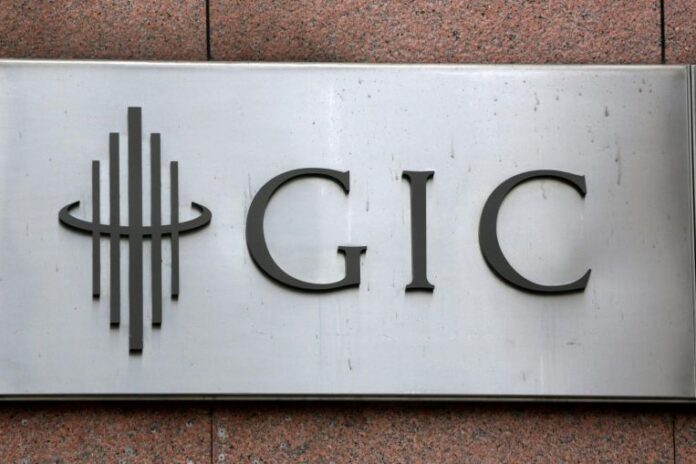Pakistan may have another funding opportunity that could be approximately equal to the investment under the China-Pakistan Economic Corridor (CPEC) as the Global Investment Consortium (GIC) is considering investing billions of dollars into the country.
The consortium is mulling over investing up to €50 billion based on public-private partnerships in various megaprojects such as the Naya Pakistan Housing Scheme, the Reko Diq copper and gold project and the Diamer-Bhasha dam and power project at a time when bigger and developing economies around the world are struggling to fight against the novel coronavirus.
GIC is a consortium of more than 200 members, comprising hedge funds and investors pouring capital based on engineering, procurement and construction (EPC) and public-private partnership models in emerging markets for infrastructure development. It can raise some EUR 30-50 billion in organized financing for development projects in the country.
The consortium can finance not only big infrastructure projects but also social-sector schemes that are deeply needed in these difficult times when most of the world is locked up due the coronavirus outbreak.
GIC Regional Associate Muhammad Irfan Ali said, “We have been pretty much successful in convincing hedge funds to consider, in principle, raising enormous funds to channel into government projects in Pakistan.”
Although the proposal had not yet been discussed with the government of Pakistan, GIC has now provided the green light, he shared.
He highlighted that the funds could be organized in a customized model including public-private partnership projects for developing government infrastructure at a pace never seen before in the country.
The funding can be for 25 years at an interest rate of 1.5% per annum to convert debt into equity to diminish debt burden of the country.
“Whatever will be proposed to the government needs to be done with appropriate confidentiality as the regional and global requirement of large funds is very competitive and challenging, especially now with governments around the world trying to cope with the Covid-19 fallout,” Irfan Ali said.
However, the real challenges for Pakistan are the state of the economy, virtual junk rating of its debt, and uncertain situation of foreign currency reserves, unpredictable political will and continuing bailout packages.



